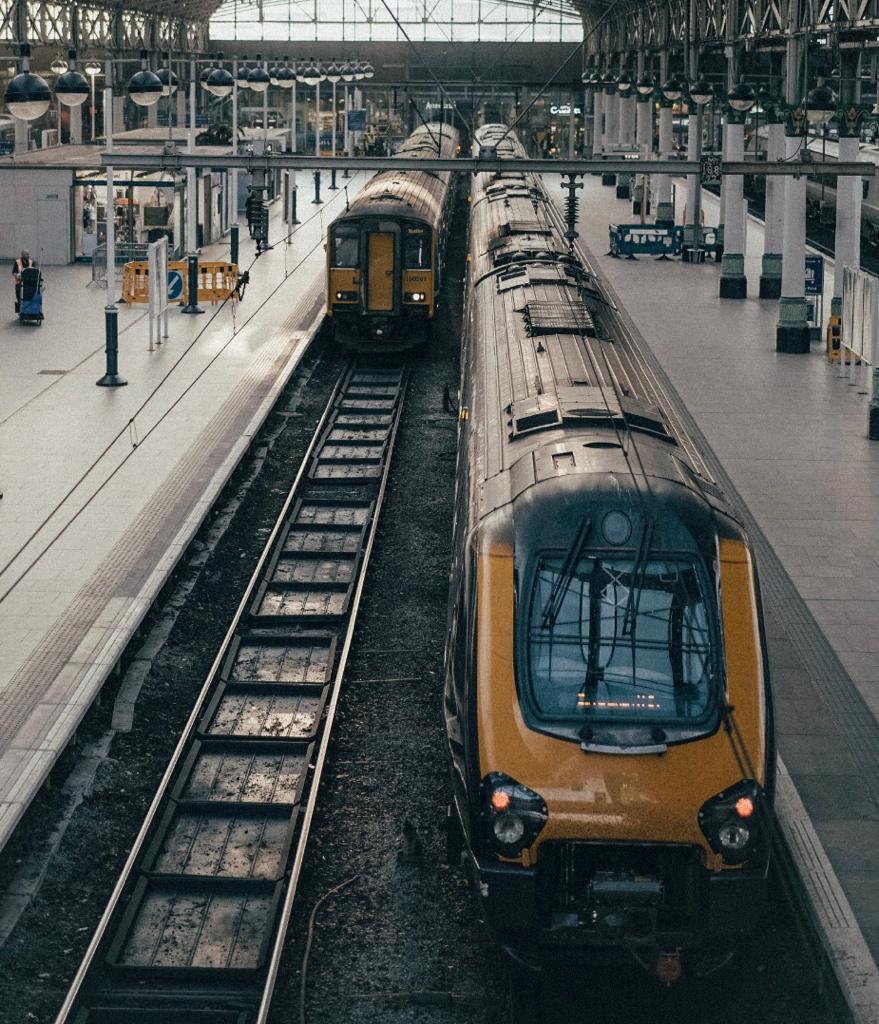
The Responsibility of Railway Companies for the Slowdown of Services: A Decisive Ruling
- Friday 27 October 2023
- Corte di Cassazione, Responsabilità & Risarcimento, Risarcimento del danno
- Italia
The Italian Supreme Court drew attention to the responsibility of the national railway company (Trenitalia s.p.a) in the event of prolonged delays and interruptions to railway traffic.
This case, involving a passenger stranded on a train for 24 hours due to adverse weather conditions, led the Court to reflect on the need to provide adequate assistance to travelers and on the obligation of railway companies to promptly communicate potential inconveniences.
In the specific case, the Supreme Court accepted the appeal of a passenger, who had initiated proceedings against Trenitalia S.p.a., when in February 2012 on a regional train Rome Termini - Cassino following a heavy snowfall the train was blocked for approximately 24 hours without food or assistance for passengers. The Court of First istance had previously condemned the company to pay compensation for the "existential damage" suffered by the passenger.
The Supreme Court reiterated the company's liability based on several key factors. In particular, in addition to the prolonged delay the judges underlined two significant elements:
- is the lack of adequate assistance to passengers stuck on the train for 24 hours. In similar situations, railway companies have the obligation to provide meals and drinks to travelers, ensuring their well-being during the inconvenience.ù
- the weather forecast had clearly indicated the potential disruption due to adverse weather conditions, but the railway company had ignored these warnings and had not adequately informed passengers of the potential risk.
Sentence no. 28244/2023 of the Supreme Court paves the way for an important jurisprudential precedent.
It establishes that, even in less serious situations than the one in question, if the delays are foreseeable and railway companies do not provide adequate assistance or do not warn passengers of potential inconveniences, travelers are entitled to compensation for the damage suffered. This represents a clear message on the responsibilities of railway companies towards their customers who from now on will have protection both for compensation for damage and for assistance inside the train.
In this specific case, the passenger received compensation of 400 euros, despite the cost of the ticket being only 5 euros, this demonstrates the priority given to the protection of passengers' rights and the obligation of railway companies to provide a reliable service even in difficult conditions.
Furthermore, the Supreme Court excluded the negligent involvement of the passenger pursuant to art. 1227 c.c. in causing the damage.
In fact, the sentence reads "The conduct that the claimant claims should have maintained in this case, that is to refrain from travelling, was in any case uncollectible, as the information provided to her was not such as to suggest that the journey would not have been completed in a reasonable time, and in itself inconsistent, as V. would have found herself in the need to find a place to stay, at (Omissis) or during the troubled journey, at her discretion exclusive expenses".
In conclusion, the ruling of the Court of Cassation represents a significant step in ensuring that railway companies take responsibility for their services and the inconvenience suffered by passengers. This case offers a clear legal framework to address similar situations in the future, strengthening the rights of travelers in Italy, especially commuters, by establishing clear rules for assistance and information in the event of long delays and disruptions to rail service.







